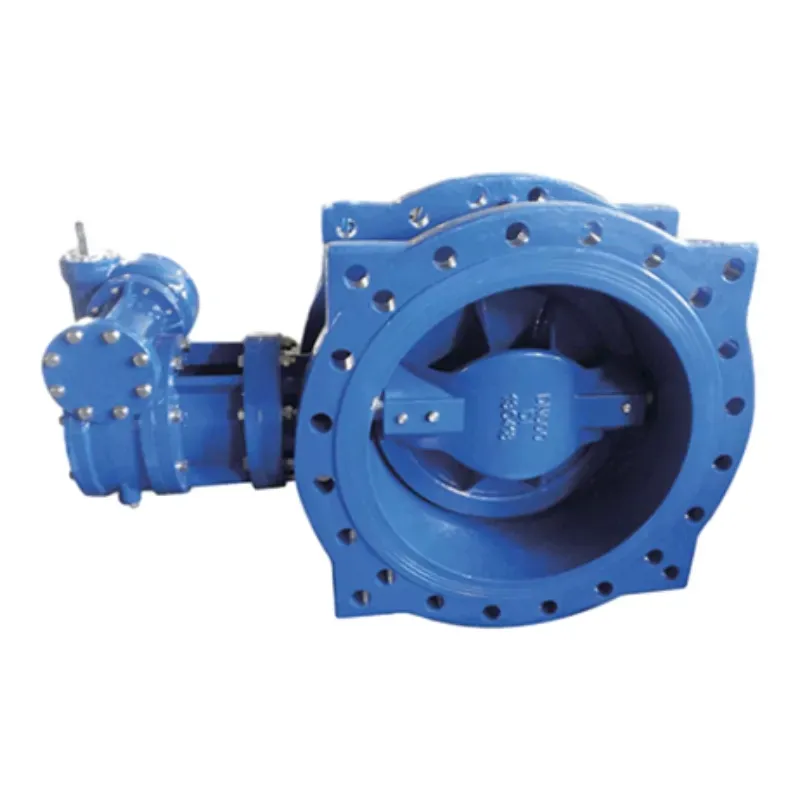Nov . 21, 2024 09:02 Back to list
water ball valve
Understanding Water Ball Valves Functionality and Applications
Water ball valves are essential components in plumbing and fluid control systems, providing reliable and efficient ways to manage the flow of water. Their design and functionality make them one of the most popular choices for both residential and commercial applications. This article explores the structure, operation, advantages, and various applications of water ball valves.
What is a Water Ball Valve?
A water ball valve is a type of quarter-turn valve that uses a spherical disc—known as the ball—to control the flow of water. The ball has a hole through its center, allowing fluid to pass through when aligned with the inlet and outlet. When the valve is closed, the ball rotates to a position that blocks the flow, thus halting the passage of water.
The body of the valve is typically made from durable materials such as brass, stainless steel, or PVC. These materials ensure that the valve can withstand various pressures and temperatures, making it suitable for different environments.
Mechanism of Operation
The operation of a water ball valve is straightforward and involves minimal effort. To open the valve, a handle is turned a quarter turn (90 degrees), which rotates the ball. When the hole in the ball is aligned with the pipe, water can flow freely. Conversely, turning the handle another quarter turn closes the valve, sealing the flow path.
One of the notable features of the ball valve is its ability to provide a tight seal when closed. This is due to the design of the ball and seat, which creates a strong contact point that prevents leaks. Moreover, ball valves can be operated manually or through automated systems, making them versatile for various applications.
Advantages of Water Ball Valves
1. Efficient Flow Control Ball valves allow for quick and easy control of water flow, making them ideal for applications that require frequent adjustments.
2. Durability Made from robust materials, water ball valves have a long lifespan and can withstand harsh conditions, including high pressure and temperatures.
3. Low Pressure Drop The ball valve design minimizes flow obstruction, resulting in a lower pressure drop compared to other valve types. This means that the system can maintain better efficiency with less energy loss.
water ball valve

4. Versatility They can be used in a wide range of applications, from residential plumbing to industrial processes, including irrigation systems and oil and gas operations.
5. Easy Maintenance Ball valves are relatively easy to maintain. Their simple design allows for straightforward cleaning and repair, which can often be performed without removing the valve from the system.
Applications of Water Ball Valves
Water ball valves are used in numerous applications, reflecting their versatility
- Residential Plumbing In homes, ball valves control water supply lines to sinks, toilets, and other fixtures. They are often used to shut off water during repairs or emergencies.
- Irrigation Systems Ball valves help regulate the flow of water in irrigation systems, providing gardeners and farmers with the ability to easily manage water distribution.
- Industrial Applications In many industrial settings, ball valves are used for a variety of fluids and gases. Their ability to handle high pressure and temperature makes them suitable for chemical processing and manufacturing.
- HVAC Systems In heating, ventilation, and air conditioning systems, ball valves control the flow of water and other fluids, ensuring efficient system operation.
- Fire Protection Systems Fire suppression systems rely on water ball valves to control and manage the flow of water effectively in emergency situations.
Conclusion
Water ball valves are pivotal for efficient water management across various applications. Their design allows for easy operation, durability, and effective flow control, making them a preferred choice in numerous industries. As systems grow more complex and demands for reliable fluid management increase, understanding the role of ball valves will be essential for ensuring safety and efficiency in fluid control. Whether in everyday plumbing tasks or high-stakes industrial applications, water ball valves are an indispensable tool for maintaining effective water flow.
Share